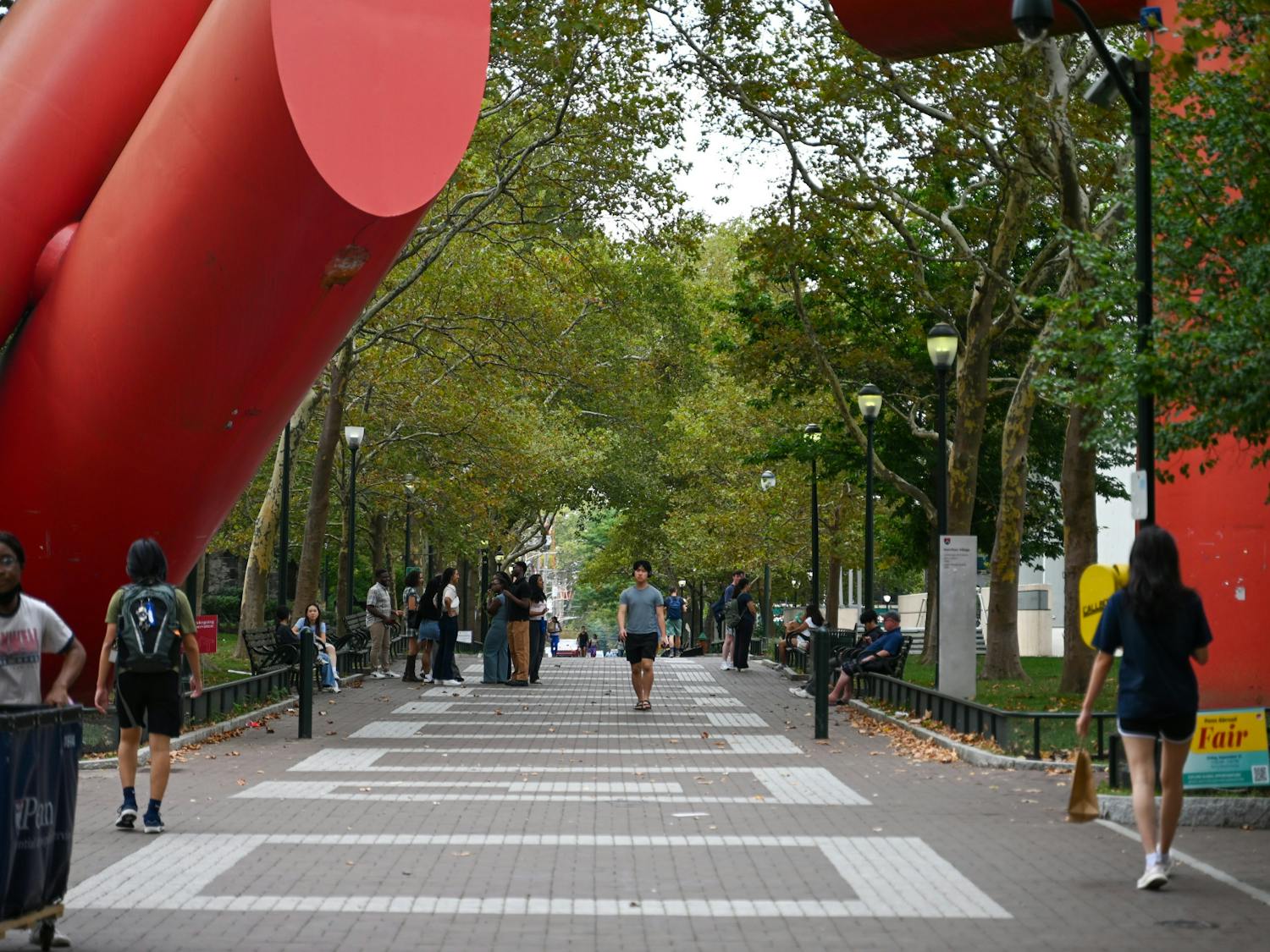The meteoric rise of Harry Styles has been undeniable in the past few years, recently culminating in his record-setting fifteen-day residency at Madison Square Garden and release of the star-studded film Don’t Worry Darling. However, while his following has grown into the tens of millions and provided a community for many, there have been arguably complex and damaging manifestations of this fandom.
The obsession with the singer is a clear example of a mass parasocial relationship, a situation in which people exert a disproportionate amount of energy and interest in a relationship in which the other party is largely unaware of their existence. Often mediated through social media, this fosters highly idealized, virtually infallible, versions of public figures.
While there is absolutely nothing wrong with enjoying Styles’ music or other work, the dynamic created can result in a critical lack of public accountability while facilitating Styles’ ability to take advantage of his fan base, through manipulating his image to garner ever-increasing profits and stardom.
Whether intentionally or not, there has been very little discourse on what I consider remains a harmful and intentional aspect of Styles’ messaging and brand: his co-opting of queer identity. Behind his apparent earned success is a calculated image which is arguably the reason he has skyrocketed to fame. This very image, finding an obsessive audience after his 2020 Vogue cover in which he was clothed in a dress (heaven forbid!), is one which associates him with the queer community while maintaining just enough distance for a necessary ambiguity.
Styles’ choice to appear on the cover of the famed fashion magazine in a dress was merely a prelude to what would become a trend for the artist who is now widely known for his bending of gender norms in his confident wearing of dresses, stockings, makeup, and other typically (what are considered) feminine items. While gender is certainly a social construct that is maintained by the invented division in items of expression — like clothing — it cannot be ignored that queer communities have been engaging in these distortions of norms for decades. So much so that it has become part and parcel of queer expression.
Here we get into the tricky question of whether Styles’ continued fashion choices — that could be said to appropriate those of the queer community — constitutes queerbaiting and, more importantly, whether identifying them as such is a slippery slope. Either way, because of the brand he has curated, Styles has become somewhat of a queer icon — without being queer himself. And therein lies the issue.
While profiting off his gender-bending image, and by extension the queer community, he has insistently denied being queer (or straight), opting to remain unlabeled. After all, wouldn’t it destroy his brand if millions of teenage girls couldn’t realistically fawn over him? Equally problematic, he has never given credit to the trailblazers of this identity in the entertainment industry including Elton John, David Bowie, Billy Porter, and countless others.
Of course, it is Harry’s prerogative to keep his sexuality private; fame should not require him to bare his identity for public consumption. But Harry has seemingly taken it upon himself to speak to the queer experience, pontificating in an interview leading up to the release of "My Policeman," “So much of gay sex in film is two guys going at it, and it kind of removes the tenderness from it.” But what does Harry Styles know about gay sex? And more importantly, as someone who’s consistently profited off of queer aesthetics and identity while refusing to explicitly align himself with the community, what ethos does he have to speak on the subject?
All of this taken together, Styles has understandably become a problematic figure for many queer people, and yet all of this has been eclipsed by a perpetual mass obsession with him.
This parasocial relationship also shields Styles, and his fans, from interrogating the effect his comments or image have on various communities. The phenomenon, however, does not start and end with Styles. Increasingly, exacerbated by mediation through social media, mass obsession has shielded celebrities like Taylor Swift or the Kardashians from being held meaningfully accountable for their environmentally damaging behavior, for example.
Additionally, one could see how this becomes crucially more dangerous when applied to politicians who have amassed cult-like followings including Alexandria Ocasio-Cortez and Donald Trump. To empower individuals with representing, and legislating for, our country on the basis of their personas as opposed to their policies or body of work poses a grave threat to the very purpose of elections. This mechanism of accountability cannot be tainted by blinding biases. Our politicians and representatives must work for us, not in the interest of creating a cult of personality to sidestep accountability.
Parasocial relationships can quickly find their way out of Twitter or Reddit and into the real world, where they insulate public figures from necessary criticism — but as digital citizens we must be vigilant of this fact and work to extract ourselves from the cults of Harry Styles and others.
VINAY KHOSLA is a College sophomore studying history and political science from Baltimore, Md. His email is vkhosla@sas.upenn.edu









